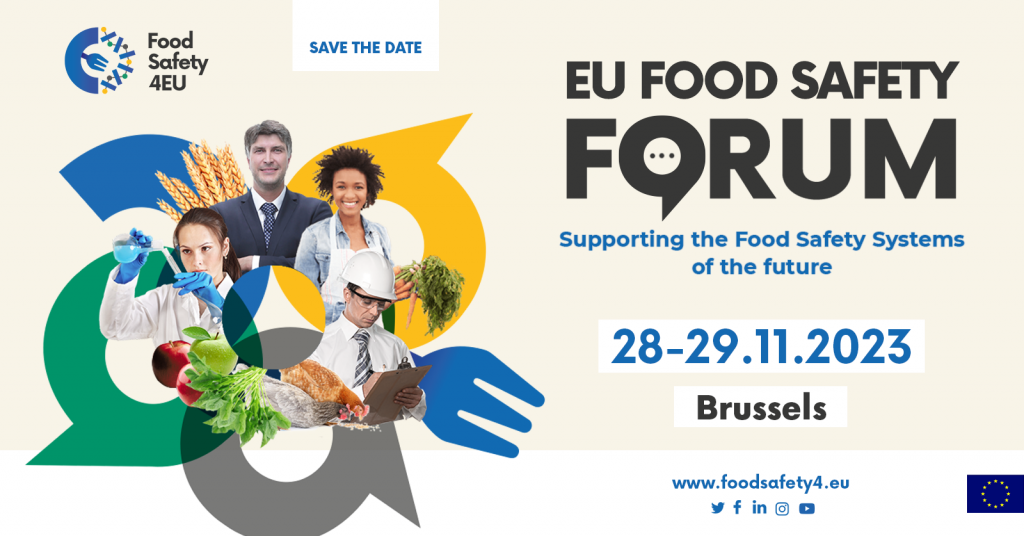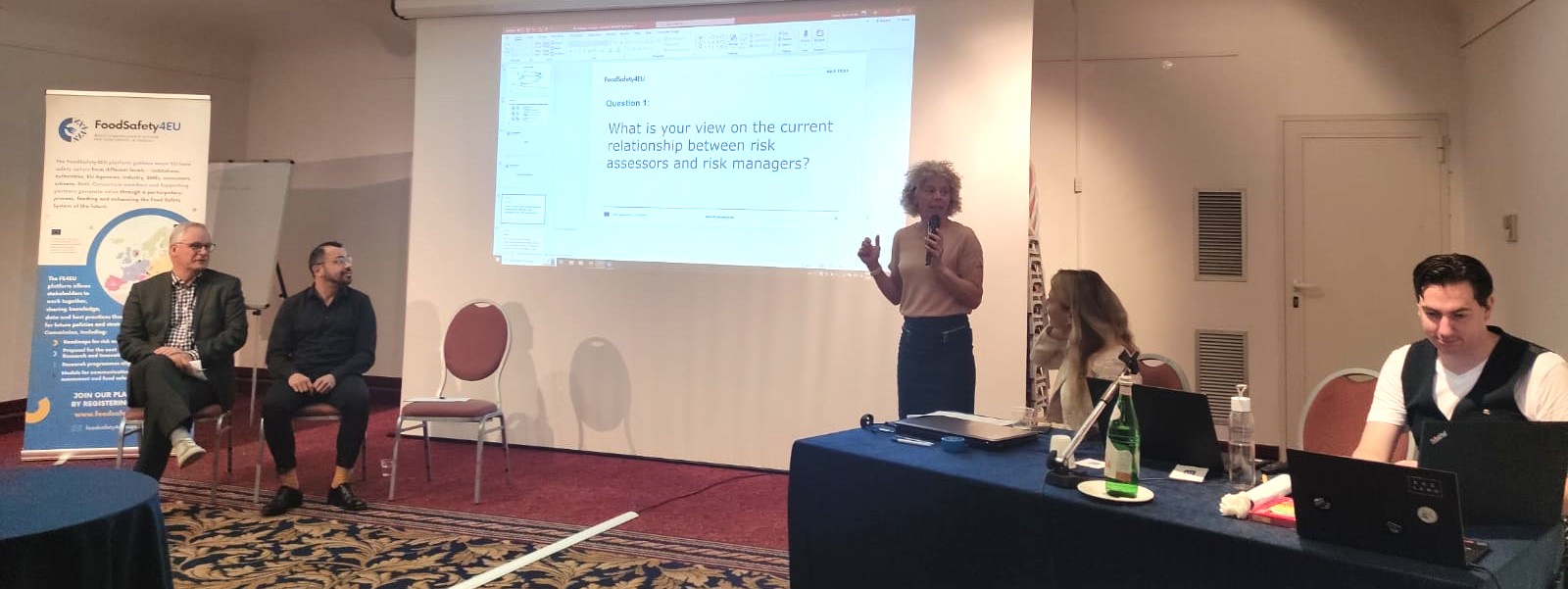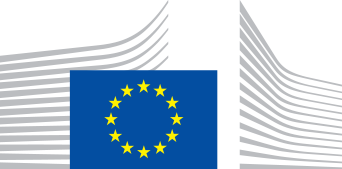Inorganic arsenic in food : EFSA opens a public consultation on health risk associated

EFSA’s Unit on Feed and Contaminants has launched a public consultation (PC-0590) on the draft scientific opinion on the update of the risk assessment of inorganic arsenic in food. The consultation aims to re-evaluate the toxicity of inorganic arsenic, and, using the results from an EFSA report on exposure to inorganic arsenic published in 2021 and to perform an assessment of the health risks to the EU population. The consultation will be open to the comments until the 10/09/2023.
The last scientific opinion published on the same topic by EFSA was published in 2021 (https://efsa.onlinelibrary.wiley.com/doi/full/10.2903/j.efsa.2021.6380) when, following an official request from the European Commission in December 2019, EFSA has prepared a scientific report assessing chronic dietary exposure to inorganic arsenic (iAs) in the European population. In addition, the report was accompanied by an overview of the available occurrence data on total and AI in food.
Epidemiological studies show that chronic intake of iAs (inorganic arsenic) through diet and/or drinking water is associated with an increased risk of several adverse outcomes including skin, bladder and lung cancers. Inorganic AS is a genotoxic carcinogen with an additional epigenetic effects and the CONTAM group in the latest published risk assessment had applied a margin of exposure (MOE) approach for risk characterization.
For further information regarding the consultation you can visit : https://connect.efsa.europa.eu/RM/s/publicconsultation2/a0l0900000AIuYt/pc0590
Latest News
Foodsafety4EU @Food2030!

The Young Session of the Food Safety Forum
EU Consultation: Transition pathway for a more resilient, sustainable and digital agri-food ecosystem

Inorganic arsenic in food : EFSA opens a public consultation on health risk associated

Multi-actor policy brief on current and future perspectives of the relationship between Risk Assessors and Risk Managers

Have your say on risks and vulnerabilities in the EU Food Supply Chain!



